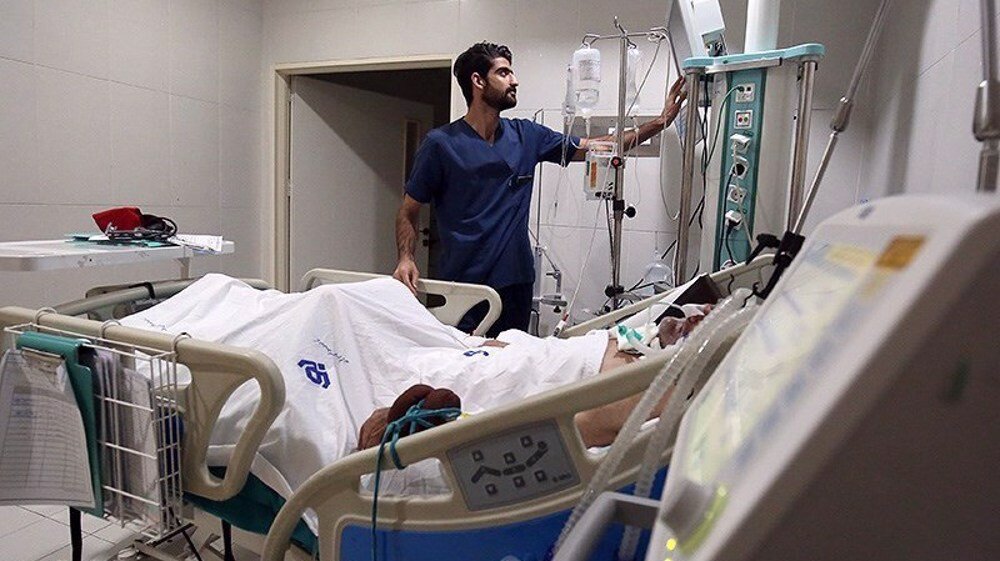Iran censures sanctions as ‘crimes against humanity’

TEHRAN- Iran’s top human rights official has condemned countries that use sanctions to fulfill political goals, saying such states must be held accountable for their “crimes against humanity”.
The High Council for Human Rights of Iran’s secretary, Kazem Gharibabadi, made the comments on Monday at Allameh Tabatabai University in Tehran during a moot court session that simulated procedures against individuals who impose unilateral prohibitions and others who obey them.
“Sanctions constitute crimes against humanity because they violate the right to development, prosperity, education, housing, etc.,” he said.
Gharibabadi went on to add, “Those imposing extensive sanctions on Iran are committing crimes against humanity and should be held accountable for it.”
Notwithstanding Iran’s medical prowess, Gharibabadi continued by saying that the cruel sanctions the country has imposed have had fatal results for certain patient populations.
He specifically brought up the cases of those suffering from uncommon illnesses like butterfly patients or epidermolysis bullosa (EB).
Additionally, he stated that because of their profound effects on the target countries, unilateral coercive actions are regarded as weapons of war.
“Sanctions are more destructive than conventional warfare and affect the entire population of the target country.”
The Iranian rights official went on to say that different nations are under pressure from the U.S. to join the chain of secondary sanctions on Iran.
He underlined that the so-called smart sanctions, which are said to apply to certain people or businesses, are only a catchphrase because they do not exclude food and medications.
Alena Douhan, the UN special rapporteur on the detrimental effects of unilateral coercive actions on human rights, was one of the speakers during Monday’s session.
She used a videoconference to give a speech at the moot court. After visiting Iran from May 7–18, 2022, the UN rights expert wrote a report.
She urged for the lifting of the anti-Iran sanctions in her report, stating that they have impacted almost every element of life in the nation.
The impact of the sanctions, she said, “seriously undermined” the delivery of medical supplies and equipment to Iran.
“These constitute serious impediments to the enjoyment of the right to the highest attainable standard of health by all Iranians,” she continued.
In May 2018, former U.S. President Donald Trump withdrew Washington from the 2015 Iran nuclear agreement and launched a campaign of “maximum pressure” on Tehran, imposing harsh economic penalties. President Joe Biden, who succeeded Trump, has kept the prohibitions in place as a bargaining chip.
